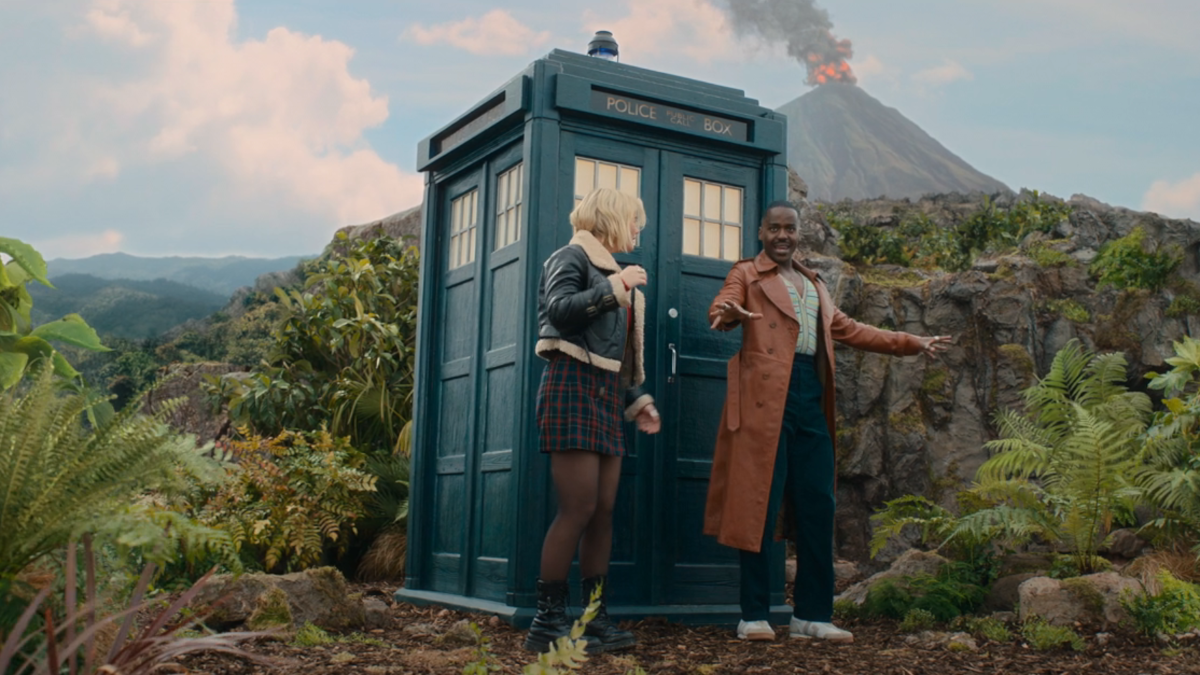For as long as I can remember, I’ve been a fan of Doctor Who. It was a staple of Saturday nights growing up, when I’d be on the edge of my seat taking in old reruns, and I have been watching the latest generation since it began in 2005. However, season 14 feels alien, and not in the usual Doctor Who kind of way.
It’s not because of Ncuti Gatwa or Millie Gibson, that much I can be certain of. They are both undeniably talented actors in their own right, and they’re doing the best they can with what they’ve been given. Even in “73 Yards,” Gibson shines in her role as a companion who has lost their Doctor and must face strange goings on alone.
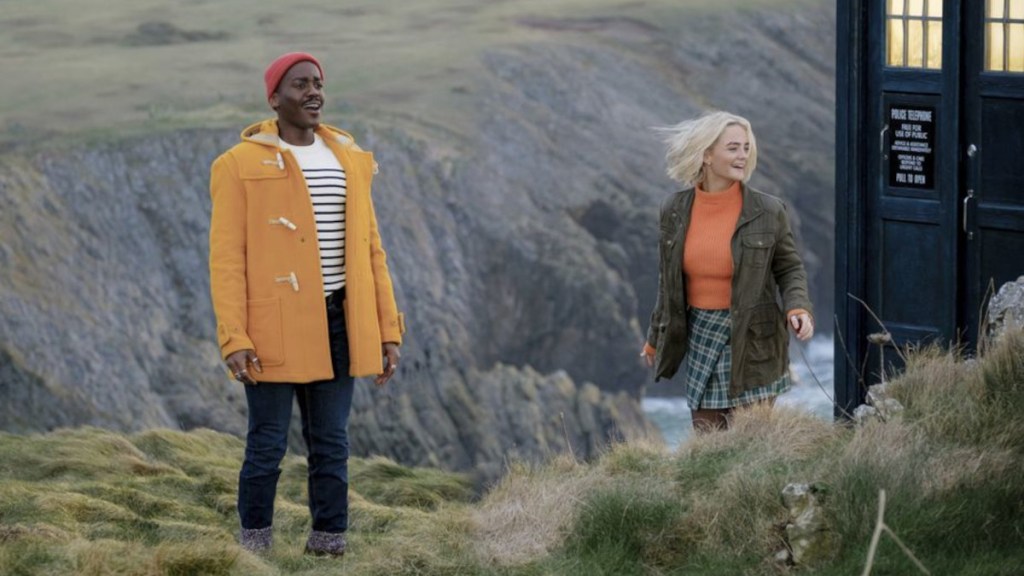
It’s not because I’m in the UK and forced to wait until midnight to see a new episode either, although I definitely felt a little put out when that was first revealed to be the case. Like most Doctor Who fans here in the UK, I adapted to watch the latest episode with breakfast every Saturday while avoiding social media, for fear of spoilers from those who got to see it before me.
Keeping the pace
The first, and possibly most damaging reason that season fourteen feels strange is the pacing. Historically, Doctor Who has had between 12 to 14 episodes per season, not including Christmas or other specials, with an average run time per episode of around 50 minutes. Season 14, and I’m unsure who thought this would be a good idea, has been cut down to 8 episodes. Where we’d usually be barely over a quarter of the way through a season by this point, we’re now halfway through, and not much has actually happened.
Some things in Doctor Who are bound to change. There’s been a constant turnover of showrunners and we are, of course, on the fifteenth iteration of the Doctor (as long as you don’t count the outliers like the Fugitive Doctor or Doctor Donna), so viewers are absolutely used to change. What we aren’t used to is the Doctor seeming so unlike himself, and the major overarching story feeling overlooked in favor of standalone tales which don’t add to anything in the grand scheme.
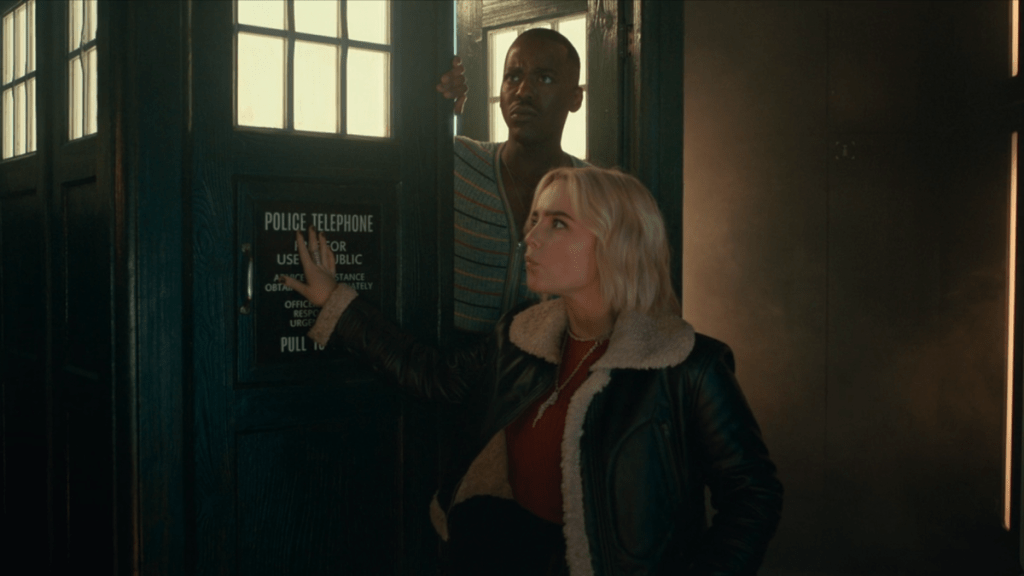
Why isn’t the Doctor acting like himself? His Sonic device appears to have been forgotten, feeling like just a weight in his pocket at this point. Across the four episodes of this season so far, we’ve seen it used twice – once in “Space Babies” to recalibrate the ship, and again in “The Devil’s Chord” to seemingly mute Maestro’s tuning fork.
It was nowhere to be seen when the Doctor sprinted onto an unknown, war-torn planet, not even to scan the surroundings for danger, and it didn’t even seem like a fleeting thought when he was trapped on a landmine. It’s not as if he had to use it himself, which would make sense considering how sensitive the landmine was to the smallest of changes. We’ve seen former companions use the Sonic Screwdriver, such as when Dan used it to bring the train to a halt in “The Power of the Doctor.” On top of this, I don’t even remember what the inside of the TARDIS looks like at this point, because we only ever get to see the doors.
My second gripe, which I already know will prove to upset some people, is the writing. I know that both Russell T Davies and Steven Moffat have become synonymous with Doctor Who at this point and, in the past, I have loved their writing. Moffat is responsible for the Weeping Angels and Russell T Davies was showrunner during the David Tennant era of the Doctor. However, I’m wondering what his plan is here.
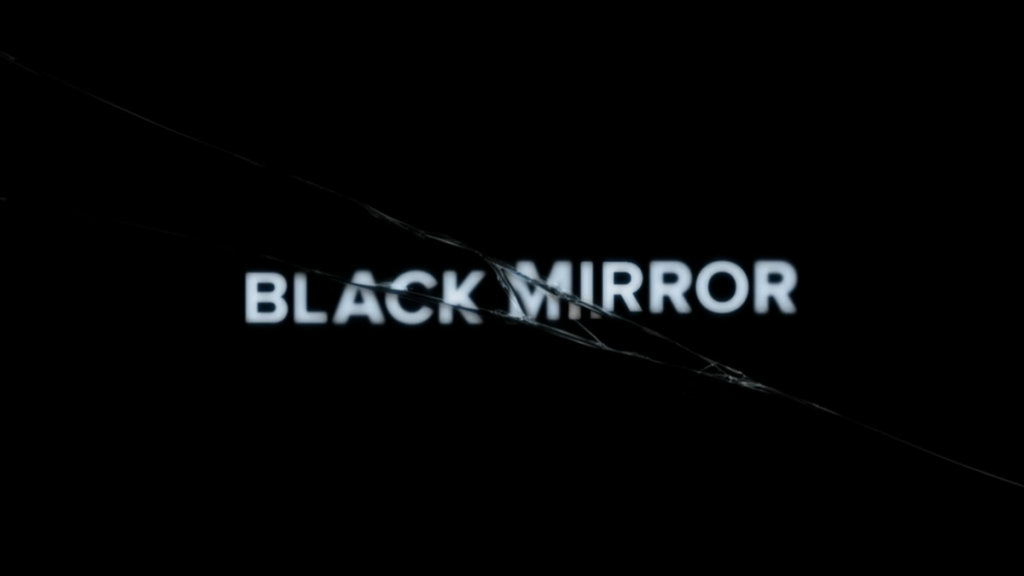
Finding a bearing
In a recent interview with Radio Times, Davies described “Dot and Bubble,” the next episode set to be released on May 31, as the “most Black Mirror-like episode yet.” However, he goes on to say that it is still quintessentially Doctor Who, his comment worries me. Black Mirror is an anthology series, consisting of entirely separated stories with little overarching plot to explain. If Davies draws inspiration from the well of Charlie Brooker, that may explain why things feel a little disjointed.
My thoughts are echoed by the viewing figures for this season. I only have the statistics for UK viewers, either live on BBC One or through BBC iPlayer to go off, but currently the most viewed episode of the season, “Space Babies,” had 4.01 million viewers. This number is steadily declining and, when compared with the 7.49 million viewers who tuned in for “The Church on Ruby Road,” it’s a worrying trend even without comparing to previous seasons.
Without any resolution, fans have begun to look for answers in the strangest of places. There are dozens of fan theories out there and, admittedly, a lot of them would make sense. One theory suggests that Ruby may be the daughter of River Song. Another suggests that the Doctor is actually part of the Pantheon, alongside The Toymaker and Maestro. At first glance these seem like whacky theories, but fans are clinging to them, desperate for any kind of answers.
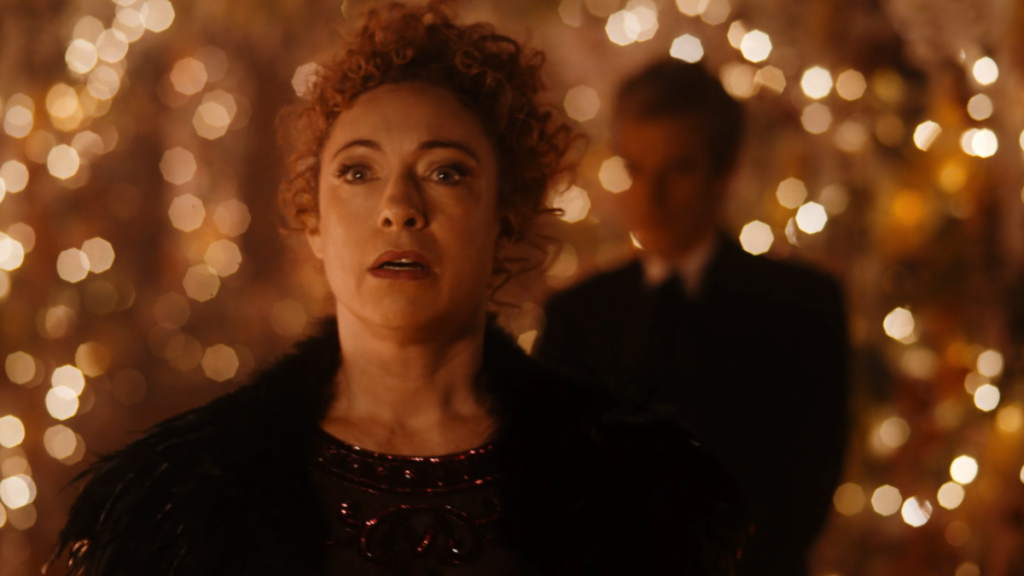
You might be asking yourself why I’m still watching if I’m not enjoying the current season. Honestly? I’ve asked myself the same question and the answer is 75% hope, 25% sunk cost fallacy. I’m clinging to the possibility of things coming together, though I’m expecting to have to wait until the Christmas special for any kind of resolution, with Ruby being a Christmas baby. Besides, if I give up now, the answers might come and I’ll miss them.
On top of everything, I’m hoping that I’m wrong. I would love for this article to be entirely irrelevant in three weeks time, with questions having been answered and loose ends tied up. I want the story to progress to a point where things start to make sense. The one thing we do know about the overarching story is the involvement of the Pantheon of Discord, which is where a lot of my hope is coming from.
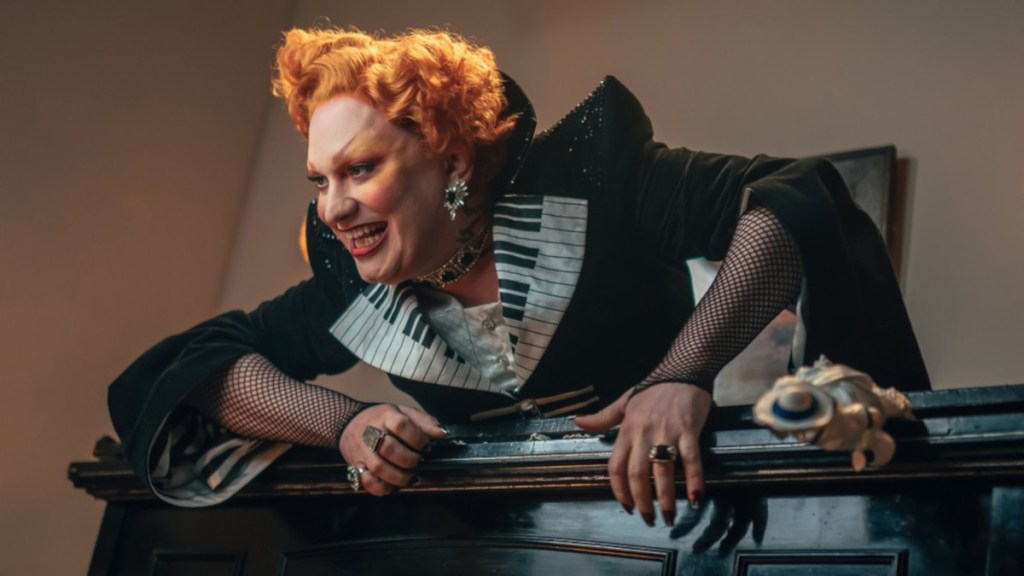
The Pantheon has four currently known members – Toymaker, Maestro, The Trickster, and Hecuba. The Toymaker plays games, Maestro messes with music, The Trickster can bend reality, and Hecuba can bend time at will. All of these characters, together, could provide the answers to so many questions that are currently left without resolution.
Without that, though, I fear that Doctor Who will end the same way that Space Babies did – flying off into space as a giant fart that viewers can’t wait to forget. I’m waiting for the twist at the end, and I really hope it proves me wrong.
